How and Why Generative AI Impacting Different Industries?Here is a study by IBU Consulting, how Generative AI is impacting the industries in good and bad ways, but also giving a boom to the market in 2023. Know the details about the industries and how is the impact of Generative AI to them.
- Introduction
- Healthcare - Healing with Data
- Entertainment - Crafting Art and Entertainment
- Finance - Unraveling Complex Patterns
- Retail - Personalized Shopping Experiences
- Automotive - Safer and Smarter Vehicles
- Education - Personalized Learning
- Manufacturing - Enhancing Efficiency
- Legal - Streamlining Research and Analysis
- Marketing - Personalized Campaigns
- Conclusion
Generative AI is a powerful technology nowadays, that pushes the limits of what computation can achieve. It has the potential to transform the realms of art and creativity, but also revolutionize industry processes.
There are myriad use cases of generative AI across industries. We can see that different industries are adopting technology to achieve specific business outcomes or address common challenges every organization faces.
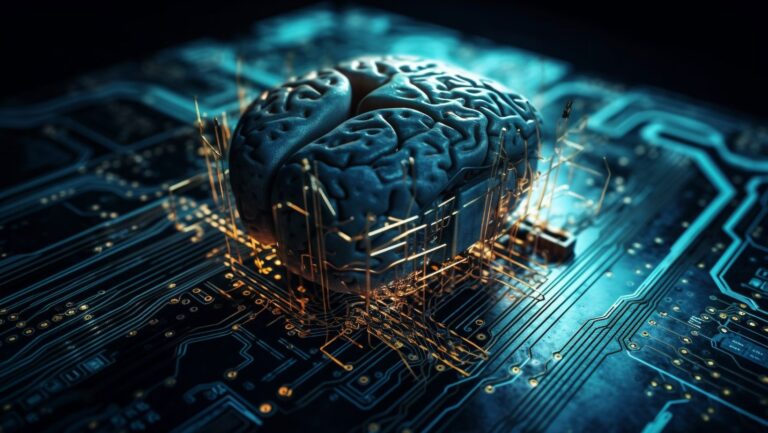
With its ability to generate content autonomously and simulate human-like outputs, generative AI has found applications in all industries. In fields as diverse as marketing, customer experience, citizen engagement, as well as industry-specific processes, such as supply chain management automation in manufacturing, for instance.
Before we start diving into the use cases of generative AI used by several industries, if you want the info in depth on Generative AI do read our blog.
The uses of AI in different industries:
1. Healthcare - Healing with Data
Generative AI has the potential to revolutionize healthcare by harnessing the power of data. In medical imaging, models like GANs (Generative Adversarial Networks) can create high-resolution images from low-resolution inputs, aiding in early disease detection.
Additionally, Generative AI assists in drug discovery by generating molecular structures and predicting potential drug candidates. This accelerates the development process, ultimately saving lives.
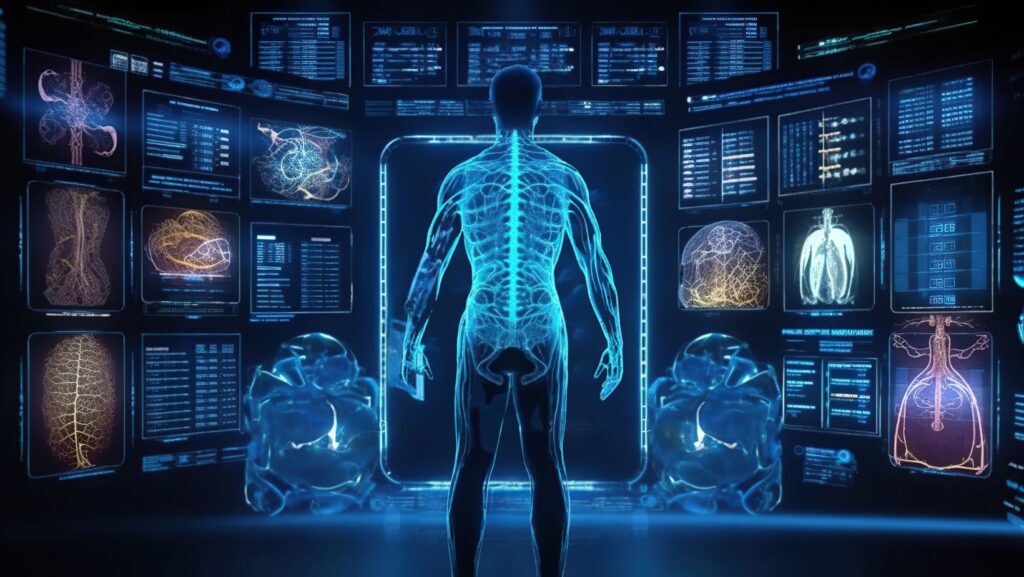
Furthermore, the personalization of treatment plans is enhanced through Generative AI. It can analyze patient records and recommend tailored therapies, optimizing healthcare outcomes. Natural language processing models also assist in medical record transcription, reducing administrative burdens on healthcare professionals.
2. Entertainment - Crafting Art and Entertainment
Generative AI has already left its mark in the entertainment industry. It powers recommendation systems on streaming platforms, offering viewers a more personalized experience. Additionally, it can create music and art autonomously, opening new frontiers of creativity. AI-generated scripts, for instance, are being used to assist screenwriters and novelists in developing compelling stories.
Visual effects and animation studios are also leveraging Generative AI for efficient content creation. It can generate realistic 3D models, streamline animation processes, and even enhance special effects. This not only accelerates production but also reduces costs.
3. Finance - Unraveling Complex Patterns
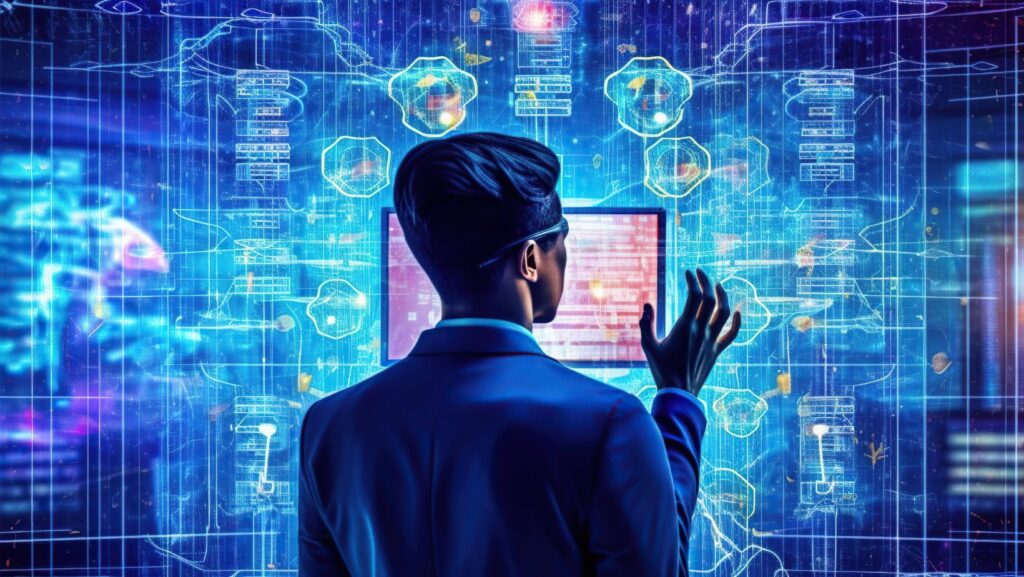
The finance sector has witnessed a substantial transformation due to Generative AI. Investment strategies are becoming more data-driven, with AI models capable of forecasting market trends and risks by analyzing massive datasets. Generative AI also plays a crucial role in fraud detection, identifying suspicious patterns and transactions with greater accuracy.
Furthermore, chatbots powered by Generative AI are enhancing customer service in the finance industry. They can provide real-time assistance, answer queries, and streamline routine tasks, improving overall user experiences.
4. Retail - Personalized Shopping Experiences
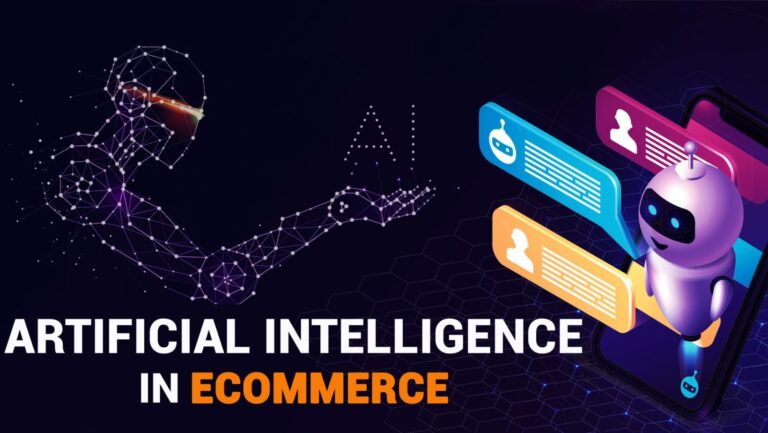
E-commerce has embraced Generative AI to provide highly personalized shopping experiences. Recommendation algorithms analyze user behavior, preferences, and purchase history to suggest products that align with individual tastes. This not only boosts sales but also enhances customer satisfaction.
Generative AI also assists in inventory management by predicting demand patterns and reducing overstock and understock situations. Virtual try-on solutions powered by AI enable customers to visualize products before making a purchase decision, further improving the online shopping experience.
5. Automotive - Safer and Smarter Vehicles
Generative AI is at the forefront of the automotive industry’s quest for safer and smarter vehicles. It plays a pivotal role in autonomous driving systems by processing vast amounts of sensor data in real time, allowing vehicles to make split-second decisions. These AI-driven systems have the potential to reduce accidents and save lives.
In addition to safety, Generative AI enhances user experiences within vehicles. It powers natural language processing interfaces, enabling voice commands for navigation, entertainment, and vehicle control. AI also assists in predictive maintenance, helping car owners schedule repairs before breakdowns occur.
6. Education - Personalized Learning
Generative AI has transformed education by enabling personalized learning experiences. Adaptive learning platforms use AI to analyze students’ progress and adapt coursework to individual needs. This not only improves learning outcomes but also reduces dropout rates.
Language models like GPT-3 have been integrated into educational tools, helping students with writing assignments and providing explanations for complex topics. Virtual tutors powered by AI offer 24/7 support to learners, making education more accessible.
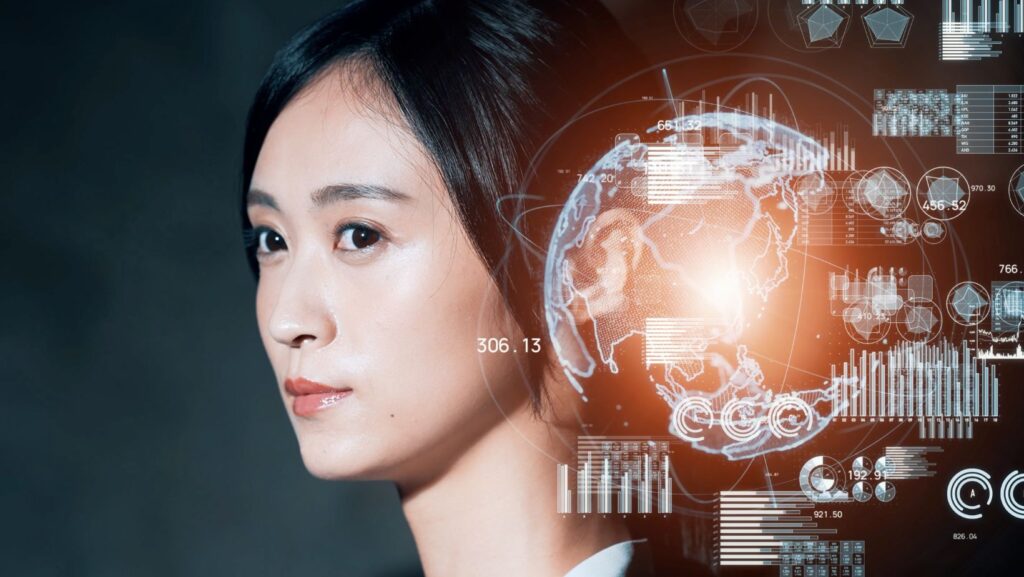
7. Manufacturing - Enhancing Efficiency
In manufacturing, Generative AI optimizes production processes. AI-driven predictive maintenance systems analyze equipment data to anticipate breakdowns, reducing downtime and maintenance costs. Generative AI also enhances quality control by identifying defects in real time, ensuring that only high-quality products reach consumers.
Supply chain management benefits from AI-generated forecasts, helping companies minimize inventory holding costs and respond quickly to changes in demand. Moreover, Generative AI can design and optimize production layouts, improving efficiency.
8. Legal - Streamlining Research and Analysis
The legal industry has embraced Generative AI to streamline research and analysis tasks. AI-powered tools can review and summarize legal documents, speeding up the process of case preparation. Predictive analytics models assist lawyers in predicting case outcomes and advising clients accordingly.
Generative AI also plays a role in contract management by automating the extraction of key clauses and terms from contracts, reducing manual labor and potential errors. It ensures legal professionals can focus on higher-value tasks.
9. Marketing - Personalized Campaigns

Marketing has evolved with Generative AI, enabling the creation of highly personalized campaigns. AI-driven content generation tools can produce tailored marketing materials, from product descriptions to email marketing campaigns. This not only saves time but also increases customer engagement.
Moreover, AI-powered chatbots and virtual assistants enhance customer interactions, providing real-time support and answering queries. AI algorithms also analyze customer data to refine targeting strategies, improving the return on investment for marketing campaigns.
Conclusion
Generative AI is revolutionizing diverse industries. In healthcare, it aids in early disease detection and drug discovery. Entertainment benefits from personalized content and efficient production. Finance sees improved investment strategies and customer service.
Retail provides personalized shopping experiences. Automotive advances safety and user interaction. Education enables personalized learning. Manufacturing optimizes processes. Legal streamlines research and analysis.
In this AI landscape, IBU Consulting leads in providing tailored IT solutions. Leveraging generative AI expertise, they propel businesses toward innovation and efficiency, ensuring a competitive edge in the modern tech-driven world. Generative AI opens a realm of possibilities, promising a future where AI integration drives success and meets evolving industry needs.
Frequently Asked Questions (FAQs)
Generative AI is a technology that uses neural networks to autonomously generate new content, such as images, text, or music, mimicking human-like creativity and expanding the capabilities of artificial intelligence.
Generative AI transforms healthcare by aiding in early disease detection through high-resolution image generation, accelerating drug discovery, personalizing treatment plans, and reducing administrative burdens through natural language processing.
Generative AI enhances the entertainment industry by powering recommendation systems, autonomously creating music and art, assisting in scriptwriting, streamlining production processes, and reducing costs in visual effects and animation.
Generative AI revolutionizes retail by providing personalized shopping experiences through recommendation algorithms, optimizing inventory management, enabling virtual try-on solutions, and enhancing customer satisfaction and engagement.
Generative AI enhances manufacturing efficiency by optimizing production processes, enabling predictive maintenance, improving quality control, aiding in supply chain management, and optimizing production layouts, ultimately reducing costs and increasing productivity.
